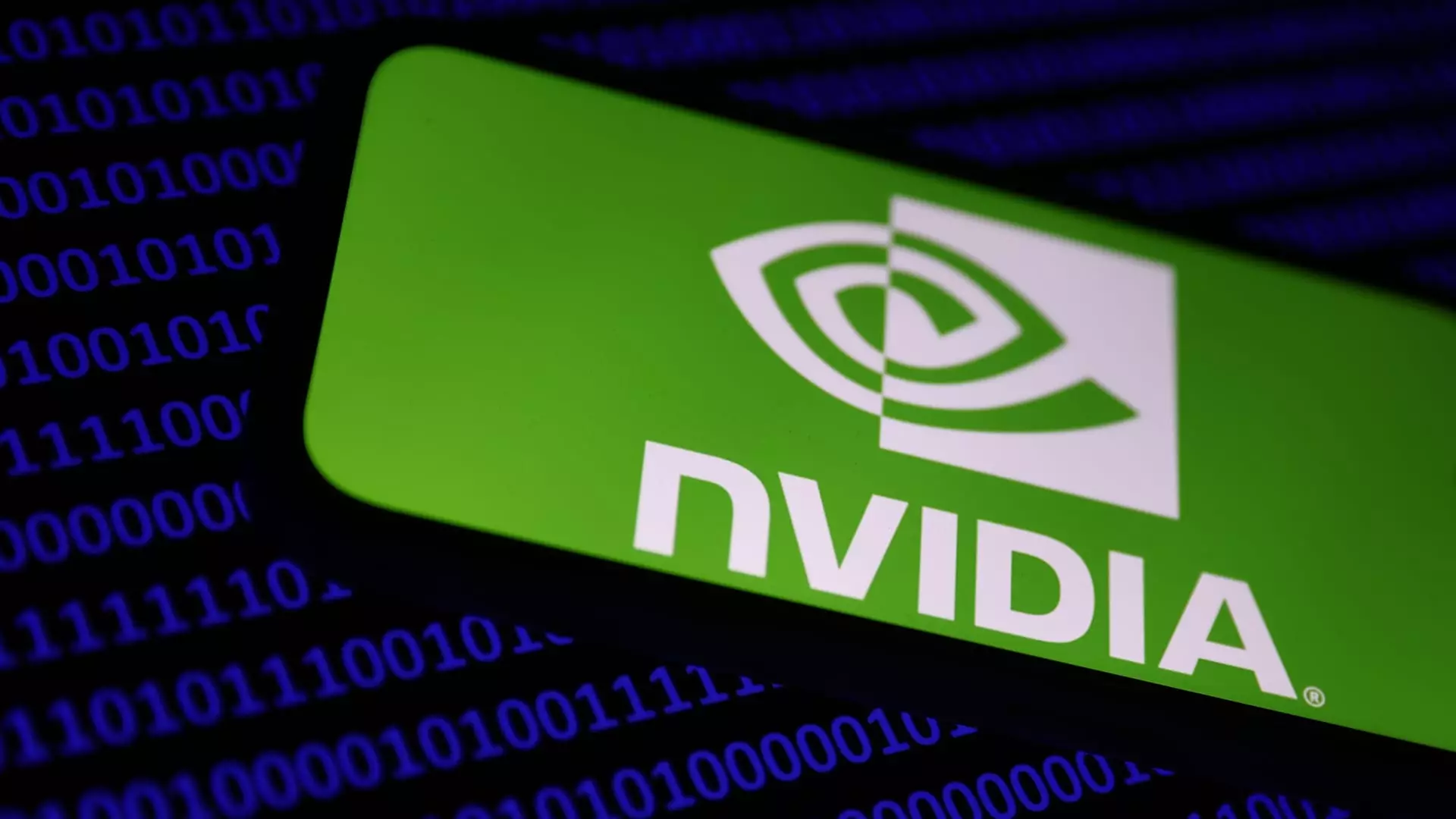In recent years, Saudi Arabia has emerged as a significant player in the global race for artificial intelligence (AI), aiming to secure cutting-edge technology that can elevate its capabilities in this critical sector. Central to these ambitions is the pursuit of high-performance chips produced by Nvidia, which are essential for developing advanced AI models. At the forefront of this initiative is Abdulrahman Tariq Habib, a key figure within the Saudi Data and AI Authority (SDAIA), who has expressed optimism regarding the kingdom’s timeline for acquiring these vital resources.
During a recent interview with CNBC, Habib conveyed high hopes for gaining access to Nvidia’s H200 chips within the next year. This projection comes against a backdrop of stringent U.S. export regulations that have until now stymied opportunities for Riyadh to obtain these chips. The skepticism surrounding such a timeline is understandable, given the geopolitical landscape characterized by trade conflicts and national security considerations. Nonetheless, Habib’s assertion underlines Saudi Arabia’s persistent efforts to improve its technological standing.
The H200 chips are particularly sought after, as they power some of the most notable AI developments, including OpenAI’s GPT-4. Habib noted that securing these chips would not only facilitate smoother business operations between Saudi Arabia and the United States but would also significantly enhance the kingdom’s computational capabilities. Such advancements will aid in cultivating human talent and strengthening data capacities, thus laying the groundwork for an extensive AI ecosystem.
Saudi Arabia’s ambition for an AI-driven future is intricately tied to its broader Vision 2030 initiative, a strategic framework aimed at diversifying the economy and reducing its reliance on oil revenues. As part of this initiative, the country anticipates that AI will contribute 12% of its gross domestic product (GDP) by 2030. Findings published by SDAIA corroborate that massive investments, spearheaded by the Public Investment Fund (PIF), will be instrumental in making this vision a reality.
Reports indicate that the PIF may be collaborating with prominent American venture firms, such as Andreessen Horowitz, to establish a significant investment fund dedicated to AI. This potential $40 billion fund underscores Saudi Arabia’s commitment to fostering innovation and establishing itself as a hub for technological advancements. The ambition to engage with global experts and thought leaders in AI indicates a long-term strategic vision, reflecting Riyadh’s drive to cultivate local talent alongside international partnerships.
The landscape of international relations undoubtedly influences Saudi Arabia’s endeavors in AI technology. The easing of U.S. restrictions on chip exports to the kingdom could be indicative of a strengthening partnership between Riyadh and Washington. Habib’s comments about this potential relaxation of regulations highlight the importance of Saudi Arabia’s emerging status as an influential player in the AI sphere.
Nonetheless, the process is complex. The Biden administration has imposed stringent measures governing chip exports to mitigate risks associated with national security, particularly concerning China’s growing influence and partnership with Saudi Arabia. Chinese investments have surged, and such ties pose challenges to Saudi Arabia’s negotiations with the U.S. Consequently, the kingdom must navigate the fragile balance between maintaining its partnership with Beijing and addressing U.S. security concerns.
The dialogue around AI in Saudi Arabia illustrates both the aspirations and challenges facing the kingdom. Leaders are actively engaging in discussions aimed at meeting U.S. expectations while simultaneously striving to maintain a foothold in the Asian market, particularly with China as a key trade partner. The government’s efforts to align with Washington’s geopolitical interests while keeping avenues open for cooperation with Beijing are indicative of its adaptive strategy.
Ultimately, the race for Nvidia’s chips represents a broader struggle delineated by technological competition, national interests, and global partnerships. Saudi Arabia’s ambitions in the field of AI could herald a pivotal transformation in its economic landscape but not without navigating the intricate mesh of international relations and keeping pace with rapid technological advancements.
As the kingdom forges ahead, the world watches closely, recognizing that the outcomes of these pursuits could reshape the technological future not just for Saudi Arabia, but potentially for the entire region. The interplay between ambition and reality, innovation and geopolitics, will undoubtedly define the narrative of Saudi Arabia’s AI journey in the years to come.


Leave a Reply